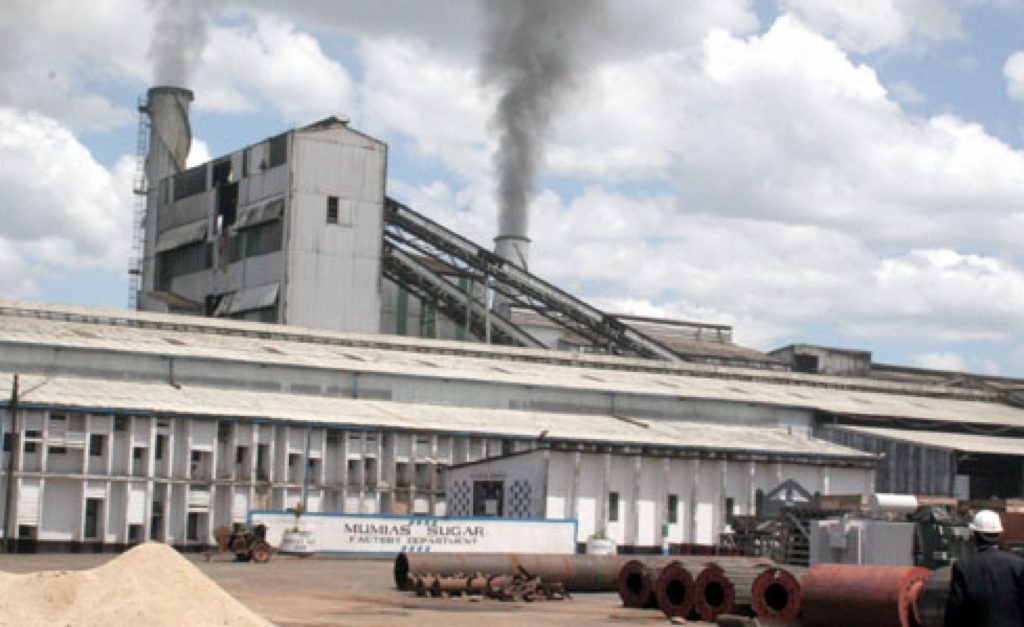The Mumias power plant (file photo). The country’s sole power distribution company is technically insolvent and requires a government bailout to stay afloat, according to the latest audit report.
The report by Auditor-General Nancy Gathungu for the year ending June 30, 2020, shows that Kenya Power recorded a loss before tax of Sh7.04 billion.
The situation is made worse by the fact that its liabilities of Sh117.5 billion far outweigh its current assets of Sh42.63 billion by Sh74.85 billion.
"The company has reported negative working capital position for the fourth consecutive year," reads the report that is before the National Assembly.
Although strategic initiatives have been undertaken to improve the financial situation, Ms Gathungu says they appear not to have yielded the intended results as of June 30, 2020.
"This may cast significant doubt on the company’s ability to continue as a going concern," the report adds. The report further notes that the Power Purchase Agreements (PAA) with power producers, which account for 54 percent of the total cost of sales, are significant to the financial woes bedevilling the company.
This is considering their fixed nature that may have adversely affected the company’s performance resulting in the huge losses.
The company’s financial statements reflect the cost of sales of Sh87.5 billion with Sh47.5 billion in power purchase costs, which relates to capacity charge as per the PAAs. The report, however, indicates that there are plans to renegotiate downwards the capacity charges on the existing PAAs.
"The management indicated that plans are underway to align the commercial operation dates of the PAAs in line with the company’s medium to long term power demand such that there is no excess power generation."
Until these strategies are implemented, the company will continue bearing the high fixed capacity charges.
The company buys power from Independent Power Producers (IPP) at over Sh23 per Kilowatt hour when it can easily get cheaper power from Kenya Electricity Generating Company (KenGen) at less than Sh0.50 per Kilowatt hour.The report also reveals that Sh16.6 billion due from the government relating to management of rural electrification schemes on behalf of the government that has been accumulating over the years is also contributing to the poor financial performance of the company.
